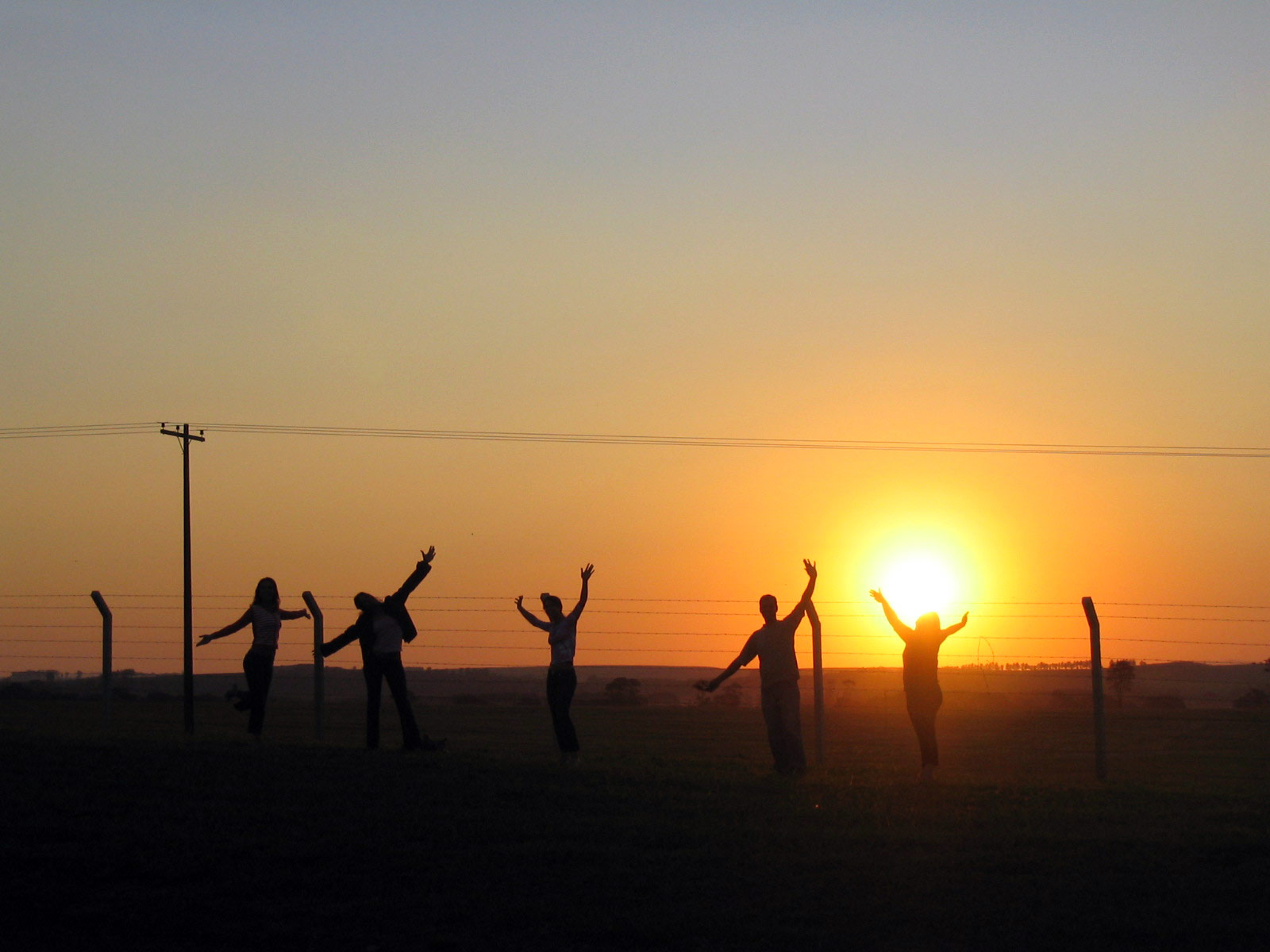Study: Doing Good Makes You Feel Good

Get the world’s most fascinating discoveries delivered straight to your inbox.
You are now subscribed
Your newsletter sign-up was successful
Want to add more newsletters?

Delivered Daily
Daily Newsletter
Sign up for the latest discoveries, groundbreaking research and fascinating breakthroughs that impact you and the wider world direct to your inbox.

Once a week
Life's Little Mysteries
Feed your curiosity with an exclusive mystery every week, solved with science and delivered direct to your inbox before it's seen anywhere else.

Once a week
How It Works
Sign up to our free science & technology newsletter for your weekly fix of fascinating articles, quick quizzes, amazing images, and more

Delivered daily
Space.com Newsletter
Breaking space news, the latest updates on rocket launches, skywatching events and more!

Once a month
Watch This Space
Sign up to our monthly entertainment newsletter to keep up with all our coverage of the latest sci-fi and space movies, tv shows, games and books.

Once a week
Night Sky This Week
Discover this week's must-see night sky events, moon phases, and stunning astrophotos. Sign up for our skywatching newsletter and explore the universe with us!
Join the club
Get full access to premium articles, exclusive features and a growing list of member rewards.
There's a new incentive to doing good things for others: It makes you happier, according to a new study.
Michael Steger, a psychologist at the University of Louisville in Kentucky, has always been amazed by how differently people lead their lives. Pat Tillman, for example, left the NFL to enlist in the Army and fight in Iraq and later Afghanistan (where he was killed), Steger said, but celebrity and socialite Paris Hilton continually pursues “a public life of shallowness.”
Steger couldn’t help but wonder which behavior makes people happier—seeking pleasure or doing good?
To find out, he and his colleagues asked a group of 65 undergraduates to complete an online survey each day for three weeks that assessed how times they participated in hedonic, or pleasure-seeking behaviors, versus meaningful activities, such as helping others, listening to friends’ problems and/or pursuing one’s life goals.
The surveys asked the subjects how much purpose they felt their lives had each day and whether they felt happy or sad. The subjects also completed two sets of questionnaires at the beginning and end of the study to assess how they felt about their lives more generally.
They found that the more people participated in meaningful activities, the happier they were and the more purposeful their lives felt. Pleasure-seeking behaviors, on the other hand, did not make people happier.
Realizing that some people may feel guilty about reporting pleasure-seeking behaviors, Steger and his colleagues then modified the survey questions slightly to make them seem less exceptionable, and asked a new group of students to perform the study again, this time over a four-week period. The psychologists got the same results.
Get the world’s most fascinating discoveries delivered straight to your inbox.
“A lot of times we think that happiness comes about because you get things for yourself,” said Richard Ryan, a psychologist at the University of Rochester, who was not involved in the study. But “it turns out that in a paradoxical way, giving gets you more, and I think that’s an important message in a culture that’s pretty often getting messages to the opposite effect.”
In order to make sure that the relationship between happiness and doing good wasn’t the other way around—that happiness instead leads people to do good things—the researchers looked at which tended to come first. They found that the subjects became happier after they did something good, suggesting that happiness does, in fact, come about as a result of doing good things.
The results of the study, to be published in the Journal of Research in Personality, present an “enormously optimistic picture of people, that as a cynic, I was very happy to see,” Steger told LiveScience.
- Top 10 Aphrodisiacs
- The Keys to Happiness, and Why We Don't Use Them
- Why Do Good? Brain Study Offers Clues
 Live Science Plus
Live Science Plus










